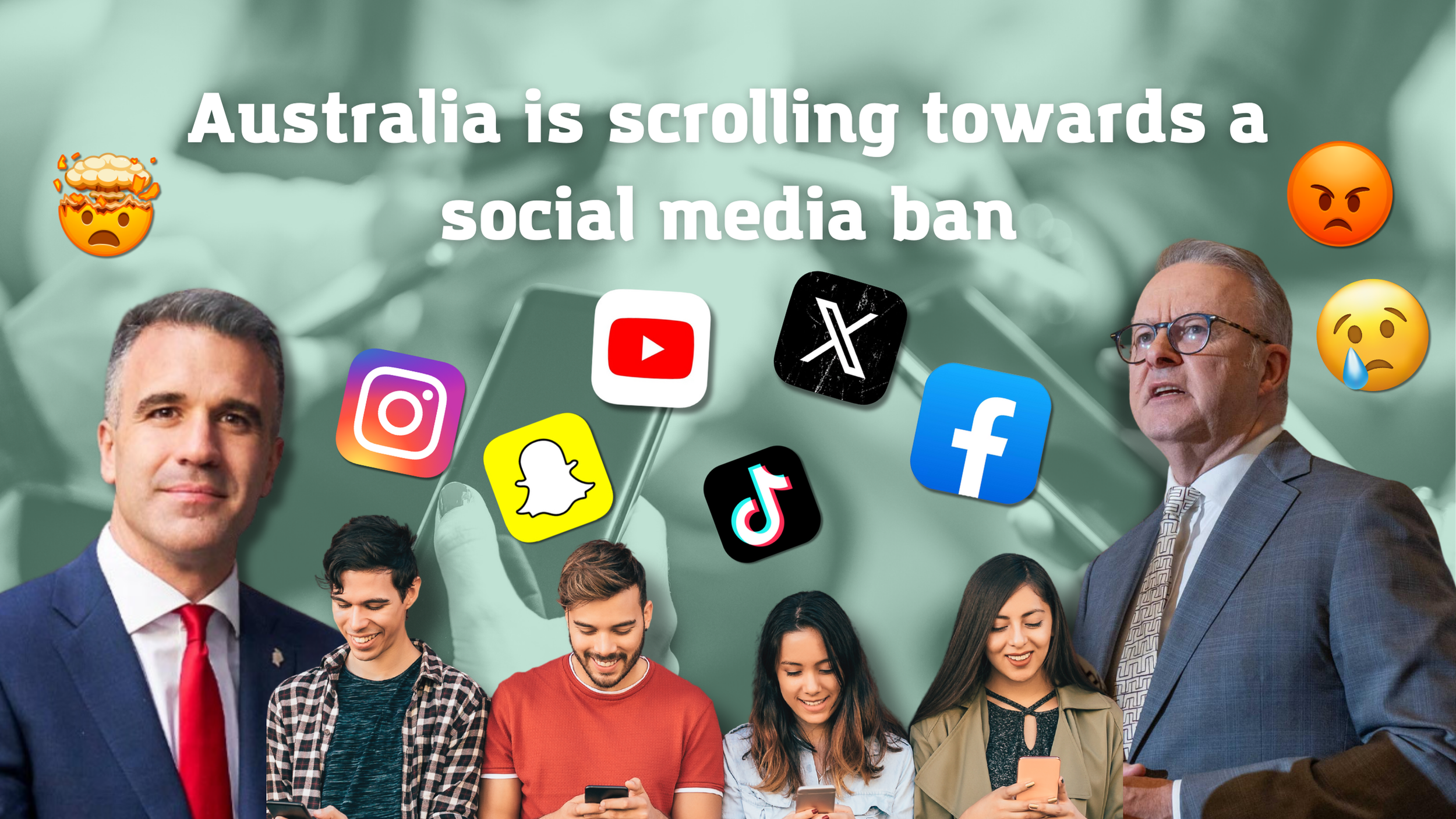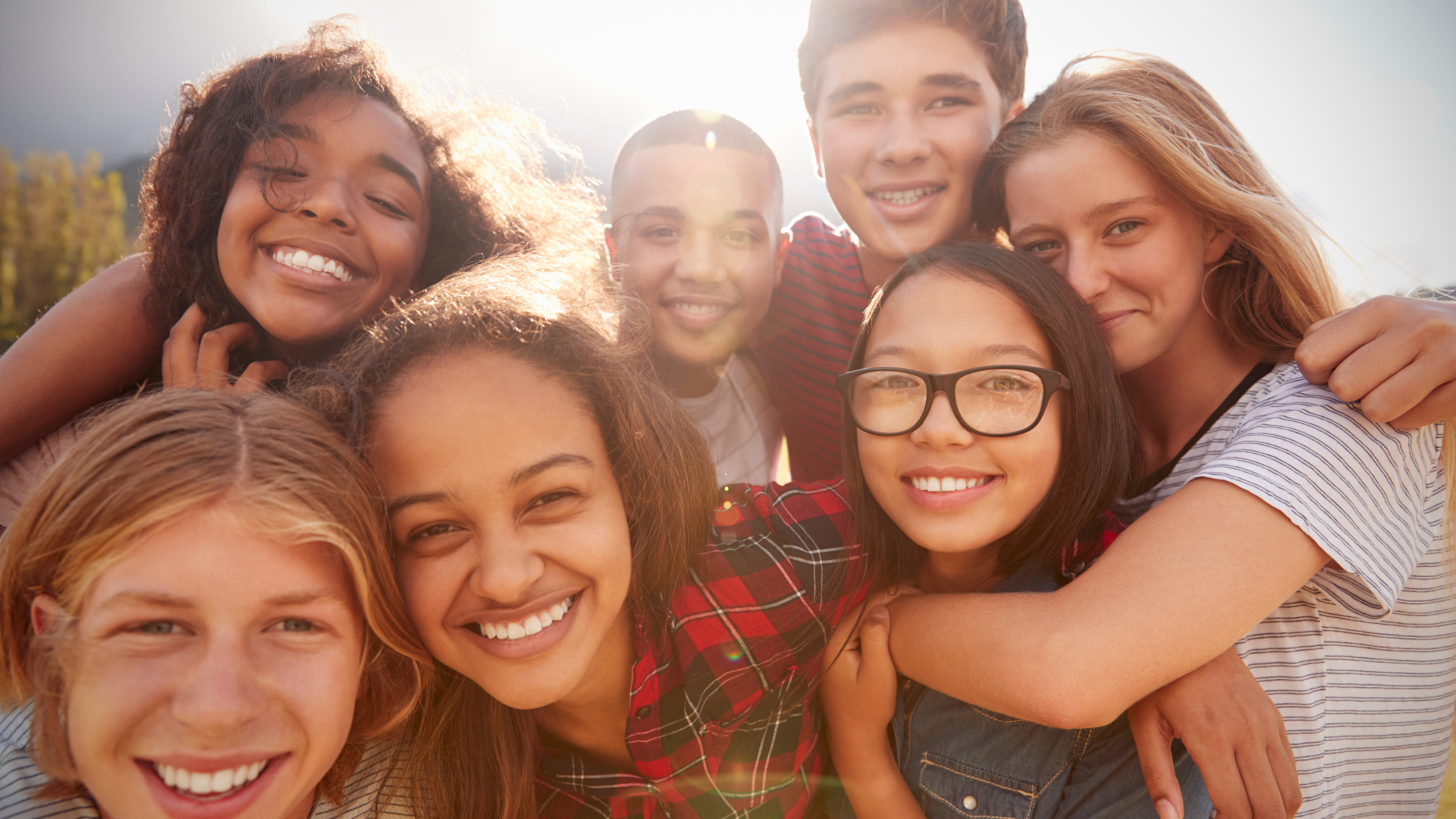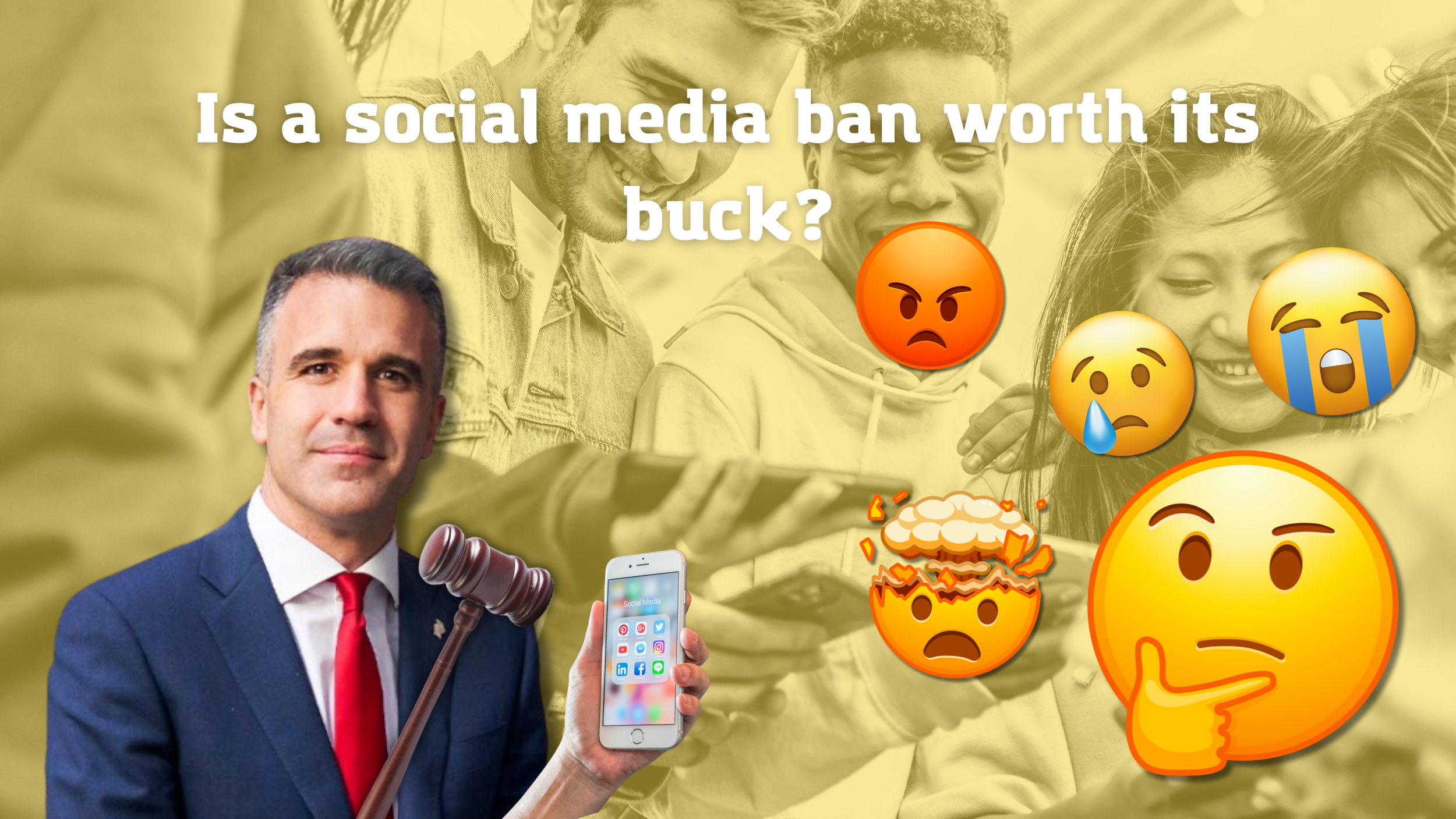Australia is scrolling towards a social media ban
With governments threatening a digital detox, what do the proposed laws mean for young people?
Warning: This article will discuss pedophilia.
South Australia got the ball rolling, becoming the first Australian jurisdiction to begin plans to imposing a social media ban on people under 16 years of age. Following mounting pressure from e-safety advocates, SA is setting the stage for nationwide change to how young people communicate online.
Following an investigation by former High Court Justice Robert French AC, the Malinauskas Government is pioneering social media regulation which would ban children under 14 years of age from accessing social media. This proposal also requires those aged 14 and 15 to have parental consent to access social media.
Simultaneously, the Federal Government committed to mirroring South Australia’s legislative framework, pledging to legislate a social media ban within the current term of government. Victoria has since announced it will also mirror this ban.
It is potentially unclear how these laws would be enforced or how social media will be defined, raising questions about what they mean for young people.
Why is this happening?
Premier Malinauskas announcing the proposed social media ban inquiry | abc.net.au
While surviving COVID-19 better than other states, South Australia’s public schools took a heavy beating. The 2023 Programme for International Student Assessment (PISA) found that between the 200s and 2022, average scores for maths, reading and compression have dropped significantly.
Alongside reporting of increased bullying in public schools, these figures created panic for the government to turn things around. This resulted in the February 2023 decision to ban mobile phones in all public schools, opening the door to future regulation.
In May 2024, the Malinauskas Government appointed Justice Robert French AC to organise a nation-leading inquiry. This inquiry was tasked with inspecting how a social media ban via ‘legal and regulatory and technological pathways’ could be created and enforced across states and territories.
This announcement received criticism from social welfare organisations who compared the ban with those attempted by conservative state governments in the United States such as Florida, which had banned access to social media for people under the age of 14.
E-safety advocates such as Sonya Ryan OAM, founder of online child safety organisation the Carly Ryan Foundation, have maintained however that these laws are needed to regulate the often unsafe and unregulated nature of social media.
Carly Ryan, daughter of Sonya Ryan, was murdered in 2007 after developing an online relationship with 18-year-old Brandon Kane, who was later revealed to be Garry Francis Newman, a notorious 50-year-old paedophile.
“Social media presents a profound risk of harm for kids. Children do not have the life experience or the cognitive and executive functioning to think through harmful situations online, sometimes placing themselves at real physical risk.”
What we know about the ban
Apps such as Instagram, TikTok, Facebook and others are likely to be subject to this ban.
The aptly named 276-page ‘Report of the Independent Legal Examination into Banning Children’s Access to Social Media’ by Justice French AC proposes a legislative framework to ban social media alongside a proposed bill – The Children (Social and Media Safety) Bill 2024.
The legislation will impose a duty of care on social media platforms, requiring them to ban young people under 14 from social media apps. Instagram, TikTok, Snapchat, Facebook and others would need to develop safeguards to prevent any South Australian child under the age of 14, and those aged 14 and 15 without parental consent, accessing their sites.
It is unclear what the final proposal will look like, with the inquiry likely examining what is and isn’t social media, how restrictions will look and be enforced, and if people will be required to supply identification to access social media.
These laws will be enforced via the creation of a state social media regulator that will monitor compliance and impose sanctions such as fines on social media platforms who do not conform. This regulator will even have authority to take legal action themselves, or on behalf of parents, against platforms such as Meta or ByteDance where young people have suffered mental or physical harm.
These laws do provide an exemption for educational social media services, potentially those such as YouTube Kids, however the specific exempt services are yet to be revealed.
Premier Peter Malinauskas affirmed these laws, stating ‘the evidence is clear, social media is causing our children harm. And my intent is clear, we are going to do something about it.’
“When we see products doing children harm, whether it be drugs, cigarettes or alcohol, governments have a role to play. The addictive nature of social media is no different”
It’s unclear which apps will be designated as social media and which won’t, raising concerns that apps such as YouTube, WhatsApp and Facebook Messenger could fall within this legislation.
Will it go national?
Prime Minister Anthony Albanese taking a selfie with a group of children | facebook.com
At the National Cabinet’s latest meeting on Friday, Premier Malinauskas discussed the proposed social media changes with state and territory counterparts, including Prime Minister Anthony Albanese.
The legislative framework by Justice French AC is designed to be copied by other jurisdictions, recommending states and territories to adopt harmonised laws across Australian jurisdictions to stop young people circumnavigating the ban.
This idea must have been popular at Cabinet, with the Prime Minister announcing the Federal Government’s decision to impose a nationwide social media ban same day as Malinauskas.
The Federal announcement follows South Australia, pledging to impose minimum age requirements on platforms such as Facebook and Instagram by the end of the year, however this is dependent on the completion of the government’s trial of age verification technologies.
Prime Minister Albanese argued these laws were the result of social media companies’ lack of action to protect the safety of young people. ‘Parents are worried sick about this. We know they’re working without a map. No generation has faced this challenge before.’
“The safety and mental and physical health of our young people is paramount. Parents want their kids off their phones and on the footy field. So do I.”
The Coalition, which adopted a similar policy earlier this year, has expressed bipartisan interest in passing age verification laws, with opposition leader Peter Dutton stating ‘every day of delay leaves young kids vulnerable to the harms of social media, the time for relying on tech companies to enforce age limits is over.’
The Greens have opposed the ban, instead favouring current status quo harm education.
What do young people think?
Two reports published by ReachOut Australia found a large disconnect exists between young people and adults regarding the role of social media in young people’s lives. 59% of parents and caregivers believed social media usage was a primary concern for young people’s stresses – with 35% identifying it as the top concern. Yet when young people were asked directly, 75% held concern for their future, study and money to be primary issues, with social media only 4%.
Raghu Vijayan, a student at Marryatville High School, who is also on the eSafety Commissioner’s Youth Committee, X:
‘Social media can definitely contribute to mental and physical health challenges for young people. The pressure to conform to idealised lifestyles, constant comparison, and cyberbullying can lead to anxiety, depression, and even body image issues. However, it’s also a platform for positive engagement, self-expression, and communication with friends and family, so its impact really depends on how it's used.’
Many young people still feel frustrated by the lack of consultation that occurred during the Malinauskas February decision to ban mobile phones in public schools. Young people will naturally be most impacted by these laws, and it is unclear whenever the governments will directly engage young people for their feedback.
A digital detox missing ingredients?
South Australia’s proposal to impose a social media ban is nothing new, as governments globally scramble to regulate how social media operates.
Young people have been disadvantaged by the lack of social media regulation, with many social media platforms such as Meta and ByteDance able to avoid most standard media regulations that apply to legacy and non-internet forms of media. More than anything, these laws seek to enforce the existing 12 to 13 year age caps already set by tech companies.
However, the imposition of a ban does not correct all the issues impacting young people’s mental health. Actually, it tiptoes around the problem. Most social media algorithms are designed to be addictive, and show content that causes anxiety in users to maintain their active attention to the screen.
While these laws a step forward, we will continue to take steps back unless governments can work with social media companies on actions that ensure algorithms work for users, and not the other way around.
The South Australian government is currently consulting on its proposed social media ban - including the impacts of social media here.






